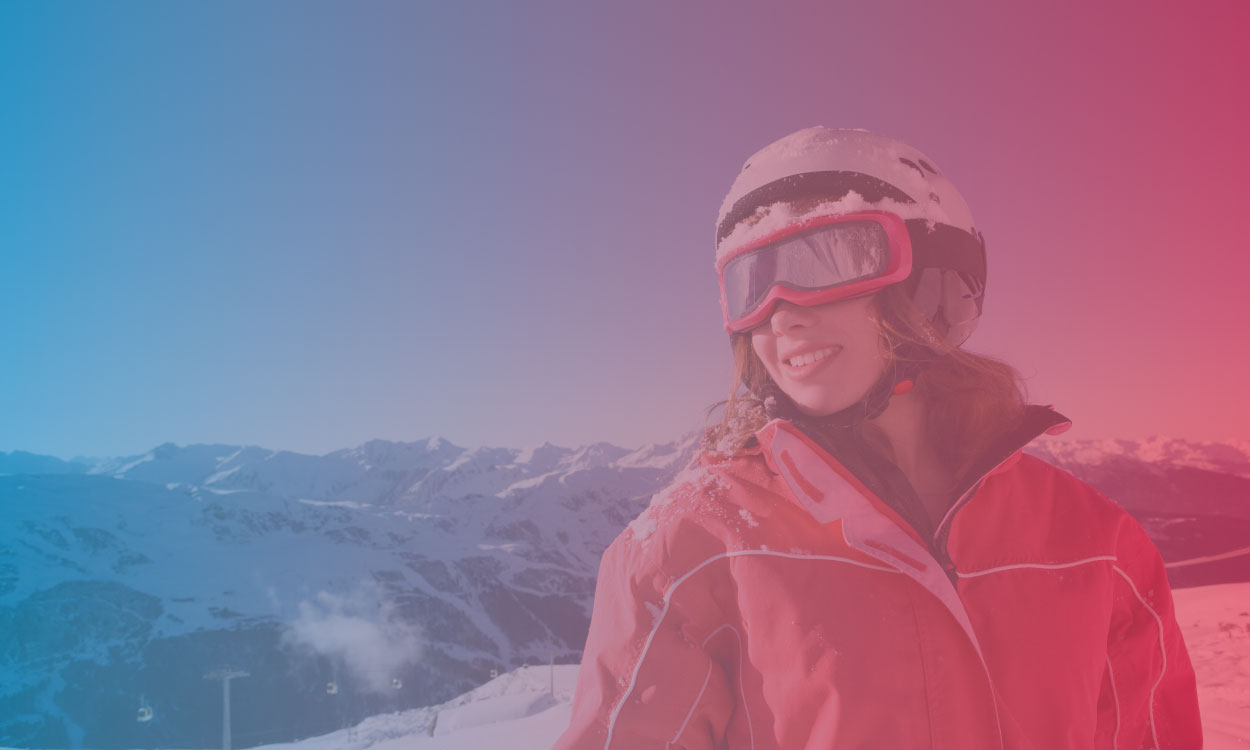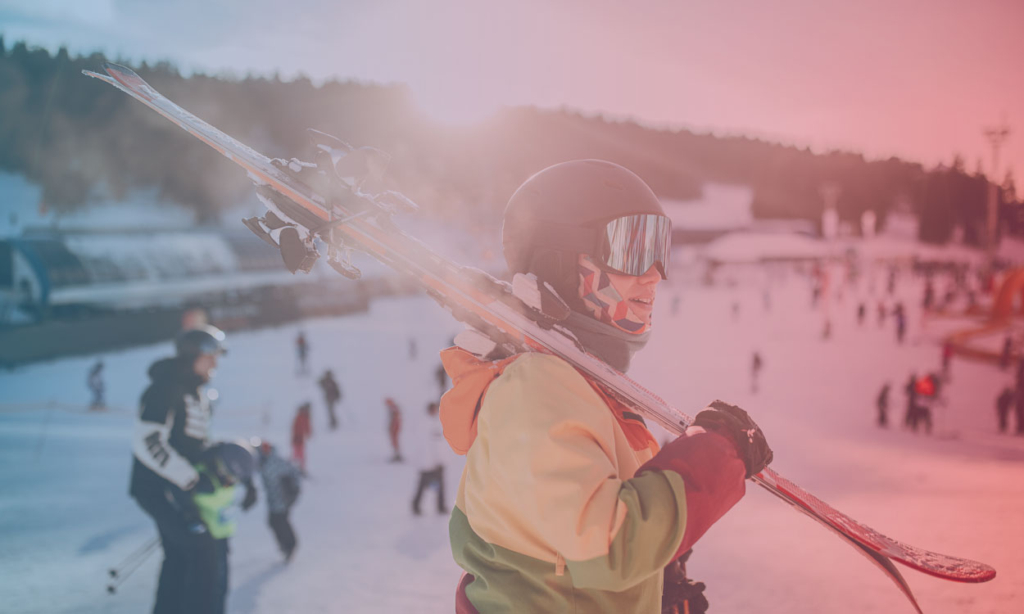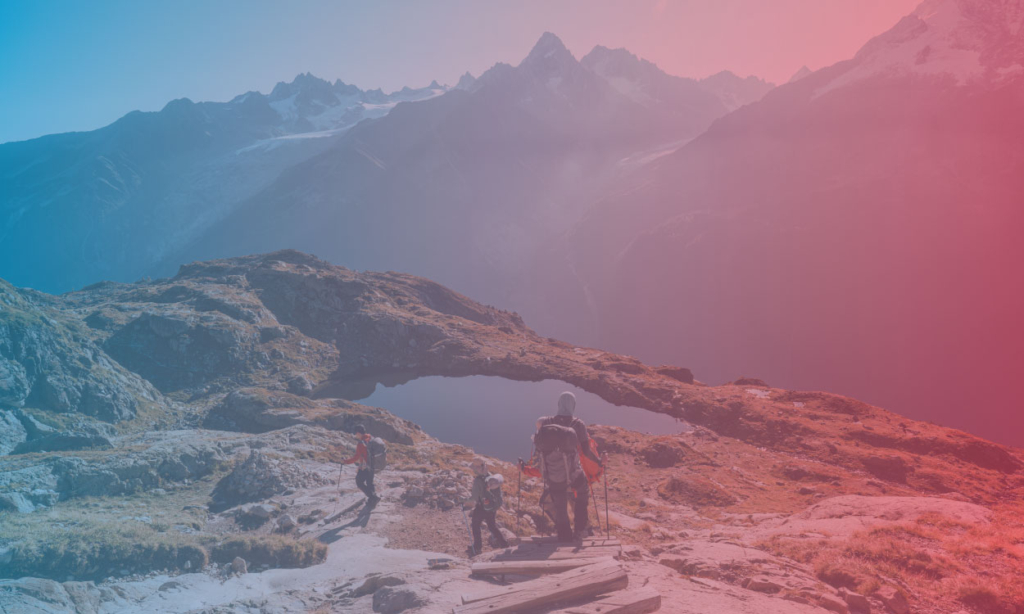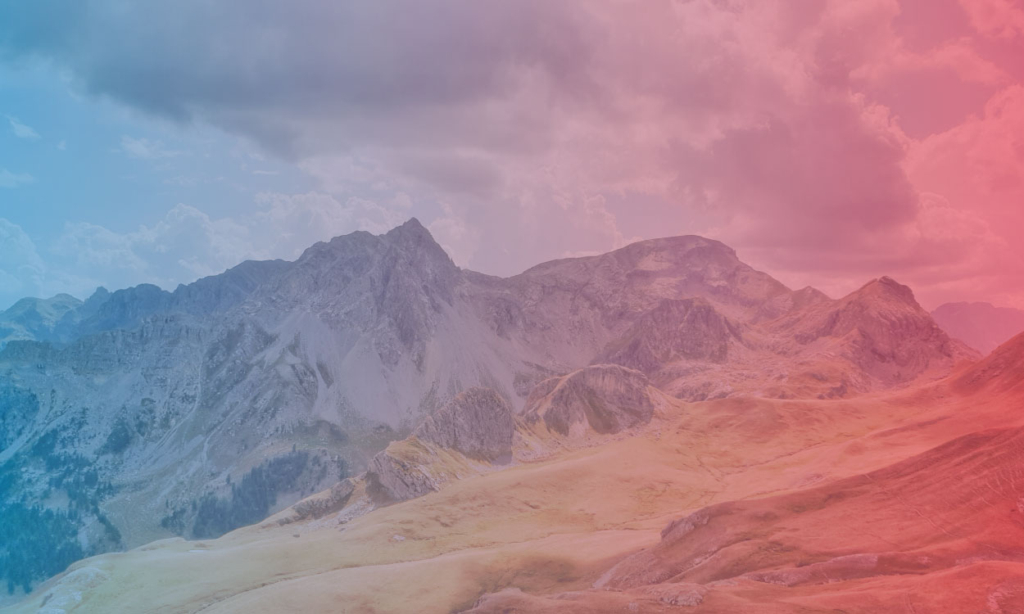Can You Ski When Pregnant?
Skiing is an exhilarating winter sport that many people look forward to doing when they visit the Alps. But if you’re pregnant, you may be wondering whether it’s safe to hit the slopes.
Pregnancy is an exciting time, but it brings physical and hormonal changes that can affect many of skiing’s key traits – such as balance, coordination and overall safety.
At Alpine Fleet, we’ve spent many years providing shared and private transfers that help take people to the Alps. This has given us a thorough knowledge of the skiing world and in this blog, we’ll explore whether you can ski while pregnant.
Read on to find out more…

Can you ski when pregnant?
Ultimately, the answer completely depends on you. Your experience level, health condition and how far along the pregnancy is will all be factors to consider whether it’s the right choice for you.
Generally, if you are an experienced skier and your pregnancy is progressing normally without any complications, skiing might be ok during the early pregnancy stages. However, if you’re a complete rookie then it is best avoided altogether as skiing carries inherent risks, such as falls and collisions, that could put you and your baby at risk.
Doctors also typically advise against skiing in later pregnancy due to balance changes, a growing belly and an increased risk of injury. It’s normal for a woman’s centre of gravity to shift as a baby grows which could make you more prone to falls. Additionally, high altitude labels and physical exertion can also put strain on your body and increase the risk.
Before deciding to ski, consult your doctor who will be best placed to assess your individual situation and provide guidance based on your health and pregnancy progression.
Can you learn to ski when pregnant?
If you’ve never skied before, pregnancy is not the ideal time to start. Learning to ski involves falls, high-impact movements and a steep learning curve, all of which can increase the risk of injury. During pregnancy, your muscles and joints are looser which also means you will be more susceptible to sprains and strains.
Instead of learning to ski, consider alternative snow activities like snowshoeing or scenic winter walks. These activities will help you enjoy the mountains while remaining safe.
Tips for safely skiing when pregnant
If you’re an experienced skier, you may be able to get out on the slopes when pregnant. However, it’s important that you do your best to minimise risks. This includes:
Stick to easy runs
Even if you’re a more advanced skier, it’s recommended that you avoid steep slopes and icy terrain when pregnant. Stick to well-groomed, gentle slopes as you will have more control and the risk of falling is reduced.
Ski at a slow pace
You should also take your time and avoid high speeds or aggressive skiing styles. Skiing more conservatively will reduce the likelihood of falls or collisions with other skiers.
Avoid crowded slopes
Try and ski in less crowded areas to reduce the risk of being hit by other skiers. This impact can be especially dangerous during pregnancy so choose your slope more carefully.
Be mindful of altitude
While high altitude is usually a good thing when skiing, these areas often have reduced oxygen levels. This can affect both you and your baby so we’d recommend opting for lower altitude slopes, take regular breaks and stay hydrated. Also listen to your body, if you’re starting to feel unwell make sure to stop immediately.
Wear the proper gear
Choose ski wear that accommodates your growing belly and provides the necessary support. For example, a helmet is a must for protection in the case of falls.
Listen to your body
Fatigue can set in more quickly during pregnancy. If you feel dizzy, out of breath, tired or unwell, take a break or call it a day.
Ski with a partner
Never ski alone when pregnant. Having a partner with you ensures you always have help if you need it in case of an emergency.
Skiing risks to unborn babies
Even if you are usually a comfortable skier, it’s important to recognise the risks of skiing to unborn babies.
This includes:
Risk of falls and trauma
Falling on the slopes is normal, but when pregnant it can be dangerous. The risk is increased in later pregnancy when the uterus is larger and the baby is less protected by the pelvis. Trauma to the abdomen could lead to complications such as placental abruption or preterm labour.
Oxygen levels at high altitude
High-altitude skiing can reduce oxygen levels in your blood which may impact the oxygen supply to your baby. If you experience dizziness or breathlessness, descend t a lower altitude immediately and seek medical attention.
Cold exposure and fatigue
Cold weather and excessive exertion can place additional strain on your body. With this in mind, it’s important to stay as warm as possible and avoid overexertion to prevent exhaustion and dehydration.
Potential collisions
Other skiers are unlikely to know you are pregnant and may not take precautions when passing you. Even minor accidents can be concerning during pregnancy which is why you should seek quieter areas if possible. Furthermore, doctors often recommend avoiding skiing altogether during the second and third trimesters.
Alternative activities to skiing in the alps when pregnant
Even if you’ve decided against skiing during your pregnancy, the Alps is still a magical destination that can be enjoyed.
There are plenty of alternative activities you can enjoy including:
- Snowshoeing
- Scenic winter walks
- Spas
- Cable car rides
- Indoor activities
- Sledding on gentle slopes
While some experienced skiers may be able to ski safely during pregnancy, the risks increase as pregnancy progresses. Skiing when pregnant features several potential dangers like falls and collisions, so if you’re unsure it’s always worth seeking medical advice before hitting the slopes.
But, if skiing seems too risky don’t worry, the Alps is packed with plenty of wonderful alternatives that you can enjoy. And, at Alpine Fleet we can make your visit as seamless as possible thanks to our leading shared and private transfers that will take you directly to your chosen resort. To find out more, simply contact our team today.


